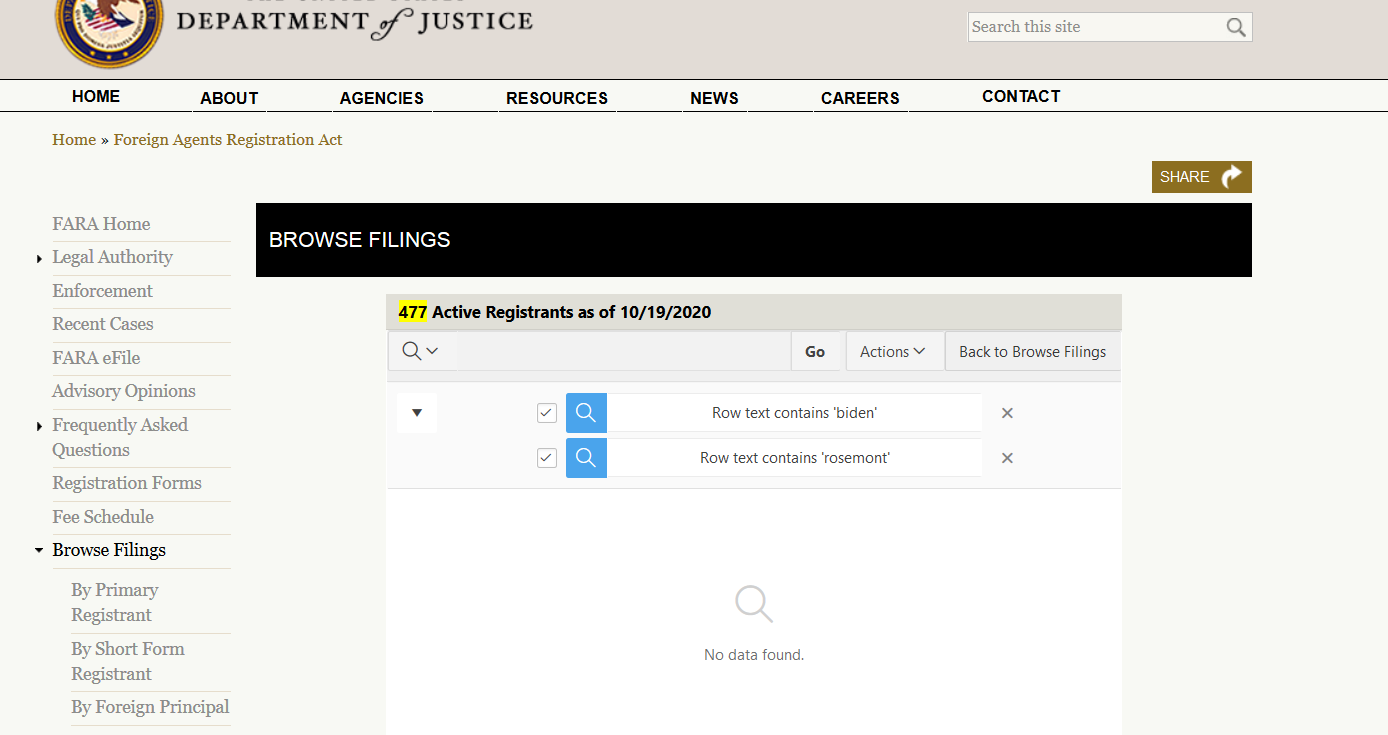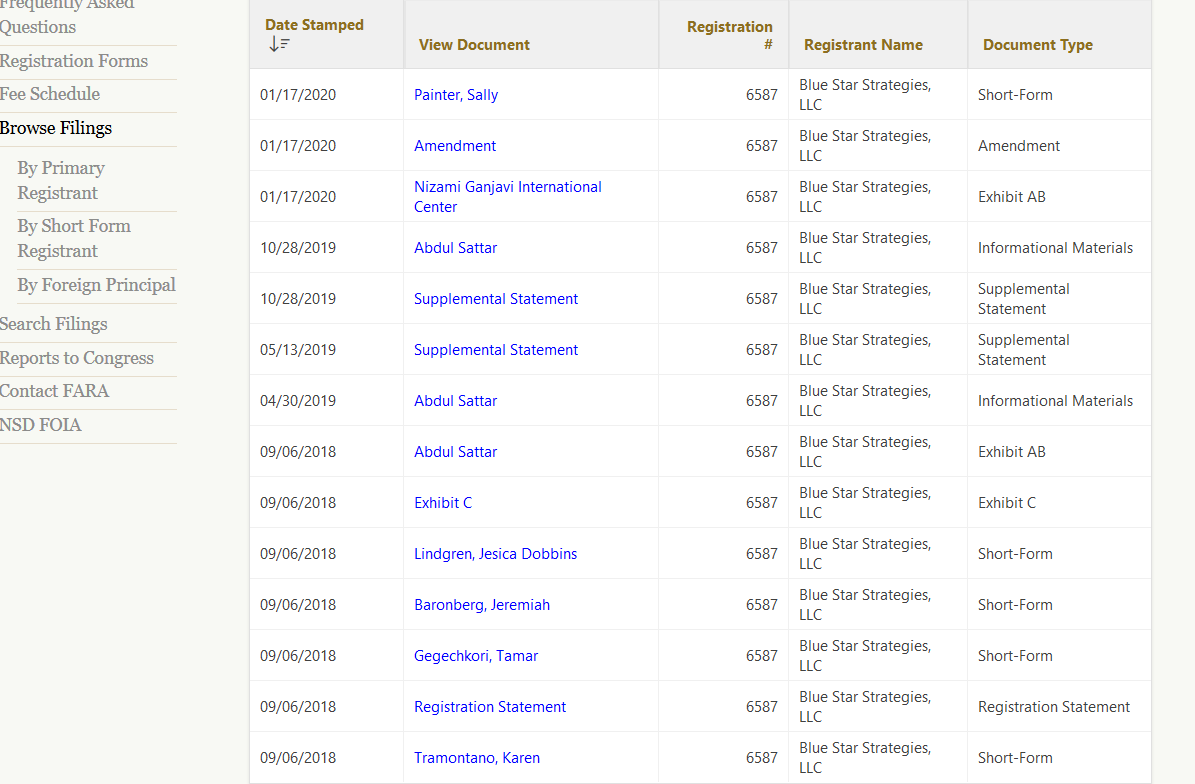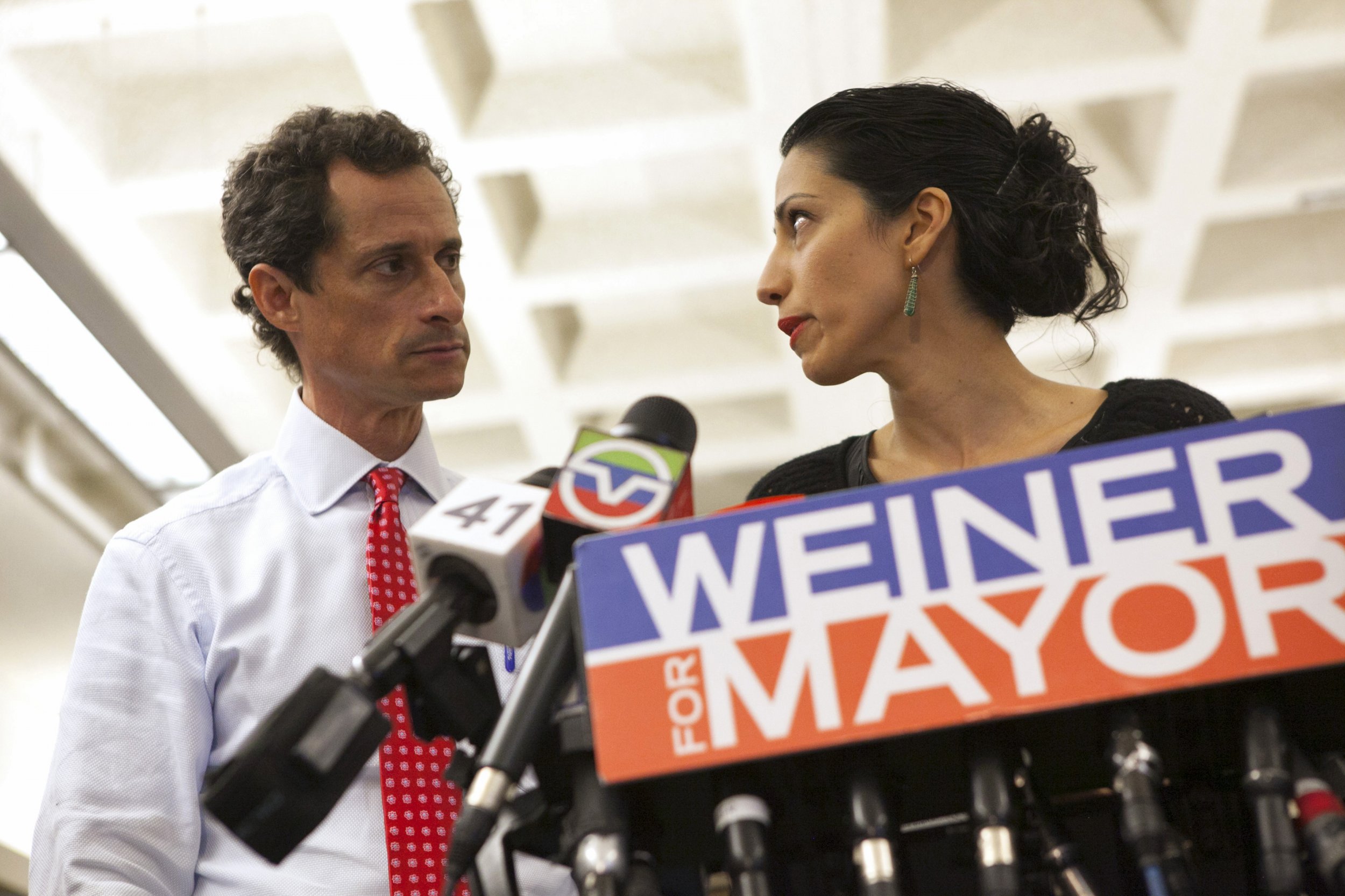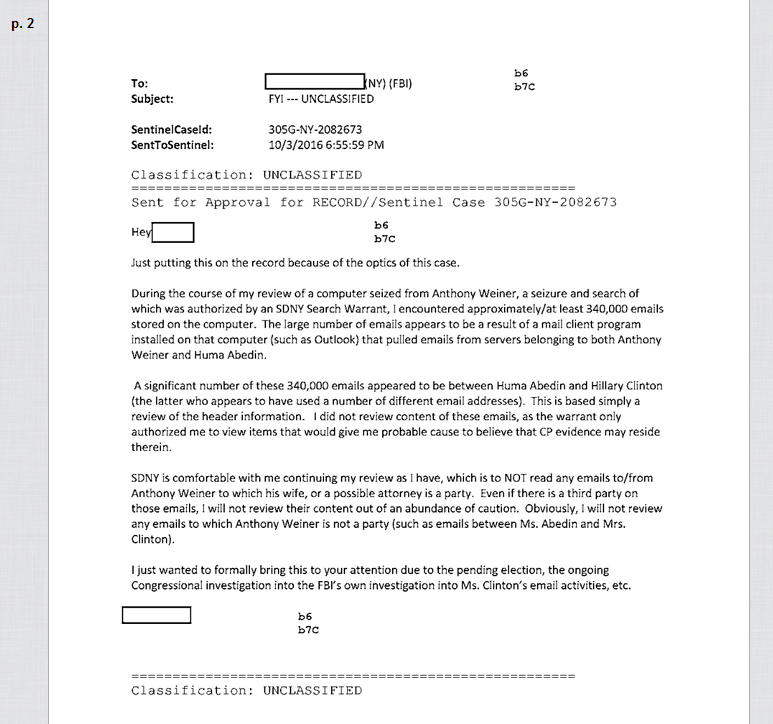FACTOID: Across the United States, illicit massage parlors are often used as covers for sex trafficking operations. In a recent study, Polaris looked at massage parlors, primarily in the U.S., and found that over 6,500 of them are illicit businesses. In Fairfax County, Virginia — not more than 20 minutes outside of D.C. — they found 108 illicit massage businesses connected to 181 different limited liability companies (LLCs). In Virginia, as with every other state, none of these companies are required to disclose the real people who own these companies and are benefiting from these crimes. More here.

Just this week, President Trump signed 2 executive orders, 3 proclamations against human trafficking
Blue Campaign is a national public awareness campaign, designed to educate the public, law enforcement and other industry partners to recognize the indicators of human trafficking, and how to appropriately respond to possible cases. Blue Campaign works closely with DHS Components to create general awareness training and materials for law enforcement and others to increase detection of human trafficking, and to identify victims.
Located within the Office of Partnership and Engagement, Blue Campaign leverages partnerships with the private sector, Non-Governmental Organizations (NGO), law enforcement and state/local authorities to maximize national public engagement on anti-human trafficking efforts. Blue Campaign’s educational awareness objectives consists of two foundational elements, prevention of human trafficking and protection of exploited persons.
*** Only 38 states have laws requiring human trafficking training.***

WASHINGTON—U.S. Department of Homeland Security (DHS) Acting Secretary Chad Wolf announced Thursday the opening of the DHS Center for Countering Human Trafficking, the U.S. government’s first-ever integrated law enforcement operations center directly supporting federal criminal investigations, victim assistance efforts, intelligence analysis, and outreach and training activities related to human trafficking and forced labor.
The center, which has been operational since early September, is based in Washington and led by U.S. Immigration and Customs Enforcement (ICE), a global leader of criminal investigations into human trafficking and sexual exploitation. The center will be staffed with law enforcement officials from Homeland Security Investigations (HSI) and across DHS, as well as subject matter experts and support staff from 16 DHS components—all focused on the “4 Ps” of the center’s mission: prevention, protection, prosecution and partnerships.
“Human trafficking is modern day slavery. There is no other way to say it,” said Acting Secretary Chad Wolf. “The words are strong because the actions are evil. The forms of exploitation, sex trafficking, forced labor and domestic servitude that constitute human trafficking are antithetical in every way to the principles of human dignity that Americans hold dear. The launch of this Center for Countering Human Trafficking represents the investment of resources, attention and time by President Trump to combat and dismantle all forms of human trafficking.”
On Jan. 15, Wolf signed and released the DHS Strategy to Combat Human Trafficking, the Importation of Goods Produced with Forced Labor, and Child Sexual Exploitation which pledged to bolster DHS efforts to combat human trafficking and forced labor.
“Human trafficking, whether through sex or labor, is a detriment to our society and threatens the moral conscience of our nation. Criminal organizations target those who are most vulnerable and exploit them through any means necessary, victims are treated as commodities rather than human beings, with no regard for their health and well-being,” said ICE Senior Official Performing the Duties of Director Tony Pham. “ICE, along with our internal and external partners, will continue to fight against these atrocities and answer victims’ cries for help. The Center for Countering Human Trafficking will serve as evidence that when we work collectively against such heinous acts, we combat the threat they pose to national security and to public safety.”
ICE’s HSI has long been a global leader in investigating human trafficking and sexual exploitation cases and bringing offenders to justice. The Center will build on the agency’s “victims first” approach, which balances victim identification, rescue and support with prevention, investigation and prosecution of traffickers. ICE HSI is uniquely positioned to utilize criminal, immigration and trade-based authorities to proactively identify, disrupt and dismantle cross-border human trafficking organizations.
In fiscal year 2019, ICE initiated 1,024 human trafficking and forced labor related cases which led to 2,197 criminal arrests. These effective actions resulted in nearly 700 convictions and the rescue of more than 400 victims.
Reporting suspected sexual or labor exploitation can help decrease or stop further victimization, as well as lead to the identification and rescue of other possible victims. To report suspicious activity or instances of sexual abuse or exploitation, contact your local law enforcement agency. Tips can be submitted online at ice.gov/tipline, by phone at 866-DHS-2-ICE or by contacting your local ICE office.







 Interesting names right? One of them,
Interesting names right? One of them, 

